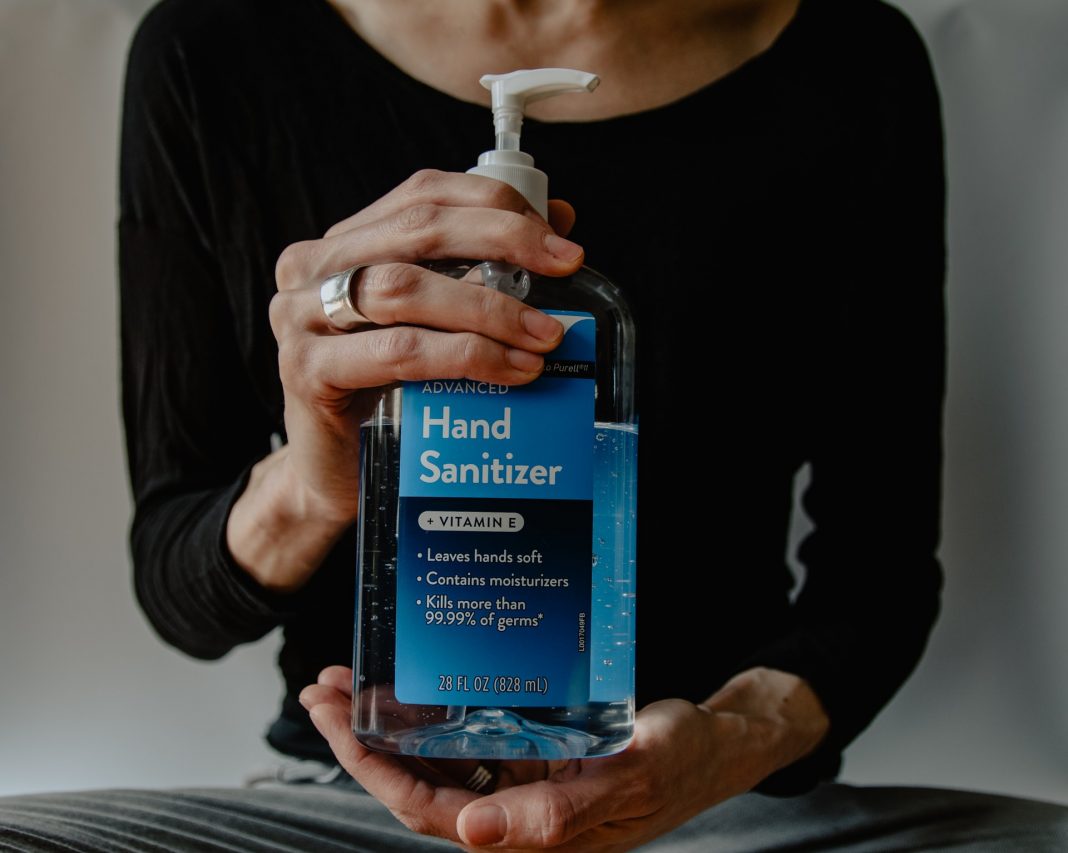All local authorities are required by government to produce a “COVID-19 Local Outbreak Control Plan” in order to “protect the health” of local residents in the event of any further transmission of the virus as lockdown is “eased”.
Representatives from a range of local health bodies and wider partners have now met as part of County Durham’s Health and Wellbeing Board to discuss the county’s outbreak control plan.
Members of the board include Durham County Council’s cabinet members for adult and health services, safer communities, and children and young people’s services, as well as representatives from the region’s Clinical Commissioning Groups (CCGs), North East NHS Foundation Trusts, County Durham’s Office for Police, Crime and Victims Commissioner (PCVC) and County Durham and Darlington Fire Service.
The Health and Wellbeing Board is a member-led, local engagement board that is working to coordinate and manage prevention of the further spread of coronavirus, support local communities to understand issues related to the virus, provide a forum for the public to ask questions about the virus and outline how recovery is planned at a local level.
The COVID-19 Local Outbreak Control Plan’s key objectives include the provision of clear prevention measures to the public, the rapid detection of any outbreaks, controlling onward transmission of the virus, providing support to people who need to self-isolate, and developing and applying intelligence on the virus to anticipate and control local outbreaks.
On 22 May, the government announced £300m additional funding for local authorities to develop and action their plans in their area, as part of the launch of the wider NHS Test and Trace Service.
As part of this, Durham County Council is due to receive £4.498m. This funding will enable the council and its partners to develop and implement its tailored local coronavirus outbreak control plans through, for example, funding the recruitment of additional staff where required.
A proposal to create a dedicated local outbreak control team has been put forward which will consist of experts from public health, community protection, communications, intelligence, the Civil Contingencies Unit, and human resources. The funding will cover capacity, contingency, community engagement and support to any local outbreaks.
A range of key settings have been identified where a local outbreak control team may be necessary, such as community spaces, workplaces, care homes, educational settings and prisons. The team would have a lead officer and key staff to work collectively on an outbreak if called.
As part of the COVID-19 Local Outbreak Control Plan, standard health protection operating procedures are being applied which have been developed by Public Health England’s Health Protection Team and adjusted locally. Advice cards are also being developed and possible scenarios are being tested for each identified setting to enable planning for potential further outbreaks.
Cllr Lucy Hovvels MBE said: “While infection rates in the county are low at the moment, the virus is still present and, therefore, there is still a chance of a further local outbreak. To anticipate this, we have developed our local outbreak plan with partners so that it can be implemented with a rapid response.
“This plan has been a collaboration between us and leading public bodies in the region to ensure the health of our residents is protected during the pandemic, which is our highest priority. I am pleased that the plan has been approved, and we can start to implement the outlined measures across the county.
“Meanwhile, it is still vital that members of the public continue to follow the guidance set out by the government and the public health advice, such as washing hands regularly, remaining two metres apart and self-isolating if anyone in your household develops symptoms of the virus. This is a collective effort to ensure we can all protect ourselves and others from coronavirus.”


























